Information technology providers are everywhere, but finding one that can meet a law firm’s needs is no small feat.
Getting it wrong or right can mean the difference between success and failure. So, how do you find this proverbial needle in a haystack? In this post, we’ll guide you through what to look for and what questions to ask to ensure your firm gets the right vendor for its needs.
Let’s get started.
Look for specialization
You know the IT needs of a law firm are different than those of most other industries. But not every IT provider gets it. Of course, many think they understand the difference. But the reality is different.
So, how do you know they understand legal tech? Start with their marketing. An IT provider may be worth investigating further if they are going to the trouble of directing their social media and website efforts toward the legal world. But don’t pick up the phone for a consultation just yet. Dig deeper. Look for references in their social media that show they get your world.
Are they referencing professional software? Are they talking about HIPAA from a legal perspective? If so, it’s safe to start digging into their other resources like blogs, webinars, and white papers.
Look for legal tech know-how
Blogs, webinars, and white papers are the deep end of the information pool. It’s where you’ll get a sense of how deeply an IT provider understands the needs of a law firm. Just like you looked for legal references in social media, look for a significant understanding of law-specific software. This should include practice management systems, document management systems, research platforms, email encryption, and eDiscovery tools.
Also, a good legal IT firm will demonstrate knowledge of the legal regulations regarding data. They should be able to draw a correlation between the services provided and relevant standards like the ABA Model Rules of Professional Conduct and even state standards like the Louisiana State Bar Association’s PUBLIC Opinion 19-RPCC-021. You also have to look for knowledge of cyber threats.
Almost any IT team can discuss common threats like phishing, malware, and ransomware, but can they address these problems as they pertain to a law firm? For example, phishing remains one of the most common vulnerabilities across all industries. And stopping it requires some degree of training for your staff.
However, a good IT provider will know most legal teams and staff are busy; they don’t have the luxury of time-intensive training, no matter how significant the risk is. So, they will offer training ideas that integrate into a legal firm’s daily task workflow.
Here’s an example.
Since emails are already a part of most firms’ workflow, a Legal IT firm could train them by slipping in fake phishing emails. If the reader reacts correctly, they get positive feedback. If they make a mistake, they get a quick lesson on how to avoid it next time. This only takes a few minutes, but the training occurs daily, so the staff starts to develop awareness.
Also, stakeholders get feedback on results from the IT provider, who then offers insight into persistent concerns and how to address them. Of course, not all threats are from people. Hardware breaks, networks go down, and natural disasters happen. It’s not a matter of “if.” It’s a matter of “when.” It’s also a matter of how your IT provider handles it. Let’s see how they should.
Check on necessary offerings
Tech stuff breaks. When it does, your IT provider needs to understand your law firm will almost instantly start to lose money. So, you need to find out how any proposed IT provider intends to mitigate that risk. That’s where monitoring tools come in. What kind to get depends on user needs and budget, but some common denominators exist. Look for comprehensive monitoring with real-time visibility. Your provider should be able to monitor all your essential network components, servers, and applications.
Monitoring network traffic is a must, too. Feedback needs to be immediate so responses to problems can be, as well. If there is a problem, you must know how the IT vendor plans to handle it and how you will be notified.
You should opt-in for reporting and analytics, too. Some of these can be pretty cryptic, so don’t hesitate to tell your provider to sit down with you and explain them in layman’s terms. This doesn’t have to take long or be complicated. In fact, it should be about as complicated as that report you get at the end of an oil change. It just needs to let you know what’s working, if any problems are looming, and how to address them.
It’s good to plan for the unthinkable, too. Your firm wouldn’t be the first to suffer damage from fire, flooding, or hurricanes, so ask prospective IT firms how they plan to protect your data. There are a number of different options, from cloud servers to off-site networks, that can work depending on your needs and budget. A good IT provider should be able to offer a variety of choices so you can find one that aligns with your budget and needs.
Finally, look into scalability. Explain your long-term goals to the IT provider. They should be able to offer insight and ideas that get the job done without breaking the bank. Speaking of long-term goals, there’s one more big rock you need to look for in your IT provider.
Look for a strategic partner, not just a vendor
Technology can be a very in-the-moment venture, dominated by sudden needs, which are usually brought on by a lack of planning. But asking a law firm to plan for their tech future is like asking an IT specialist to represent themself in court. It’s an option, but not a good one.
That’s why it helps to find an IT firm that can move beyond the tyranny of the urgent to help you really plan according to your goals. “Wait,” you might say, “isn’t talking about network scalability enough?” Unfortunately, no.
You have to think deeper about tech trends affecting the legal world and their potential financial impact on your long-term goals. That can be tough when you aren’t sure what those trends might be or fully understand their implications. A good IT partner can help you navigate that process.
From there, they can offer a litany of ideas and choices, help you determine a path forward, and even develop a financial plan to make sure your firm is ready. Beyond financial planning, a strategic IT partner can offer ideas on how to leverage those trends so you stand out from other firms.
So, strategic planning is a vital component, but there’s one more critical element. Even in the challenging legal world, it’s okay to expect to enjoy working with other people. A good IT strategic partner will not only be competent, they will make you feel comfortable asking questions and getting in-depth answers given understandable terms.
So, when interviewing a potential Legal IT firm, ask all the questions you can think of. If they have the heart of a teacher, they’ll educate you in understandable terms without making you feel like an ignoramus.
Putting it all together
There’s no doubt that picking the right IT partner is difficult. But using the tips here will help you make choices now that will pay huge dividends in the future.
The EDC Way
At EDC, we’re constantly evolving our approach to new challenges. That’s how we prevent problems from happening before they start. Our dedicated team of IT professionals is here to help you.
From strategizing a plan to providing multiple lines of defense against hackers, we will ensure your data and private information is safe behind a vanguard of security measures.
To learn more about EDC visit EDCNOW.com, or to schedule a free consultation on how we can help with your IT needs, call us at: 337.235.7741 in Lafayette or 504.322.3622 in New Orleans.



